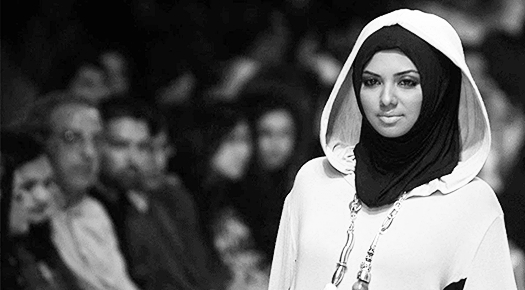
Photo Credits: Dawn Images
In Saudi Arabia, girls and women were for long time forbidden from traveling, conducting official business, or undergoing certain medical procedures without permission from their male guardians. These guardians were typically a father, brother, husband or uncle. However, new changes in Saudi law, announced late on Thursday, would allow women to travel, divorce and apply for official documents without the permission of a male guardian. These measures represent partial repeal of guardianship laws that have long confined women in Saudi Arabia to narrow gender roles and marginalized their role in society.
The decision follows the high-profile case in January of Rahaf Mohammed Alqunun, who barricaded herself in a Bangkok hotel room to prevent her family from returning her to Saudi Arabia. She was eventually granted asylum in Canada.
"A passport will be granted to any Saudi national who submits an application," the ruling, published in the government's official gazette, said, according to Al-Jazeera. The change in the law allows women over the age of 21 to apply for a passport without a male sponsor and to leave Saudi Arabia unaccompanied. The pro-government Saudi Gazette newspaper described the decision "one giant leap for Saudi women." According to the Saudi Arabia's Ministry of Information, the new laws will come into effect at the end of August 2019.
In 2008, there was a situation where a male guardian (wali) is thought to have abused his power to approve his daughter's marriage for personal gain. This is a case where a father married off his eight-year-old daughter to a 47-year-old man to have his debts forgiven. The man's wife sought an annulment to the marriage, but the Saudi judge refused to grant it.
As the National Public Radio reports, in recent years, Saudi Arabia has been undergoing a gradual liberalization under Crown Prince Mohammed bin Salman. However, despite his easing of restrictions, the prince has shown an unwillingness to tolerate dissent. Western intelligence agencies have concluded that he ordered the gruesome killing and dismemberment of journalist Jamal Khashoggi, an incident that sparked international outrage. The crown has denied any involvement.
"The new regulations are history in the making," Reema bint Bandar Al-Saud, the kingdom's first female ambassador to the United States, wrote. "Women have always played an integral role in our country's development, and they will continue to do so moving forward on equal footing with their male counterparts."
These changes are certainly good news but there is a long way to go to complete gender equality in Saudi Arabia.
